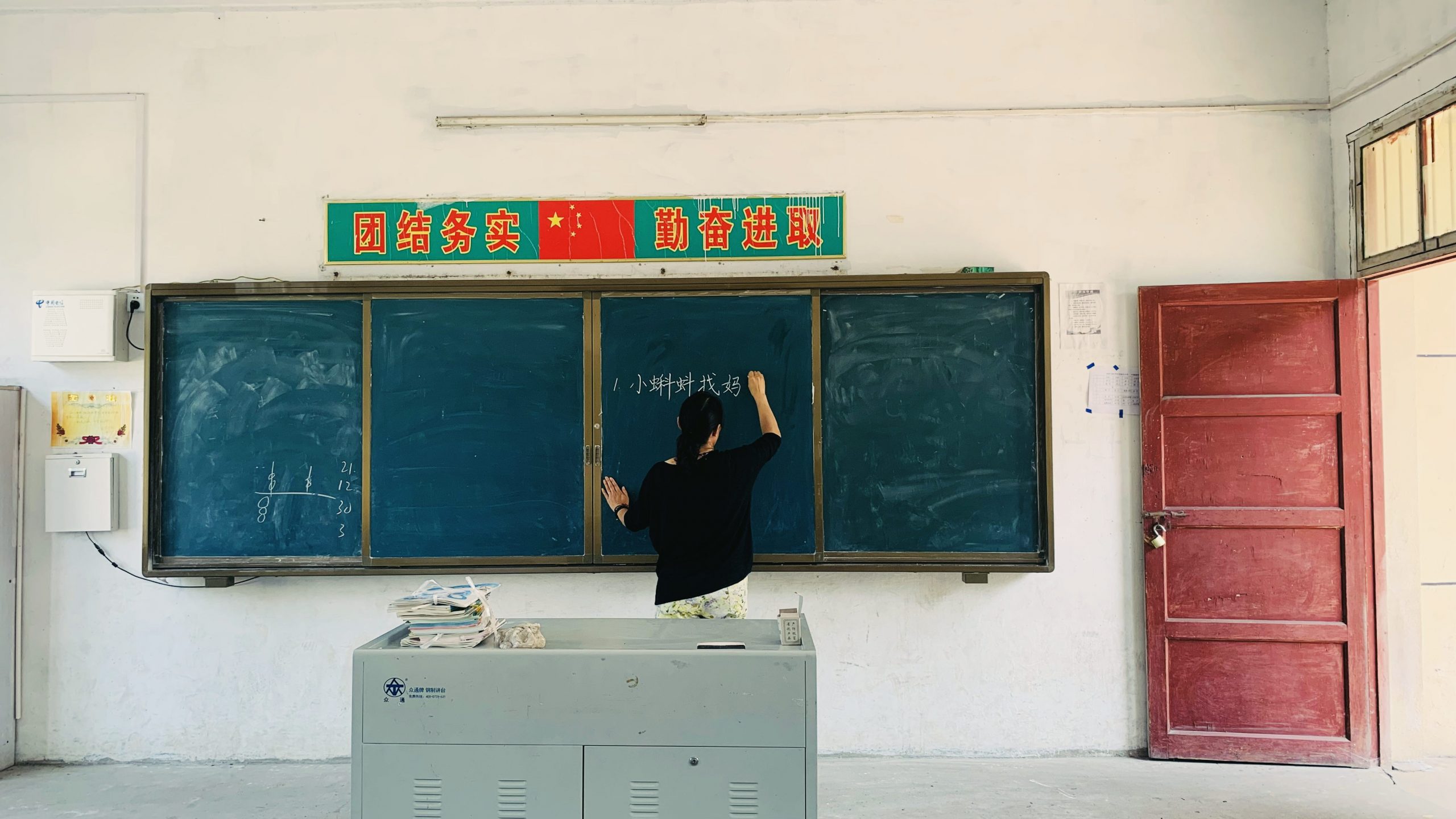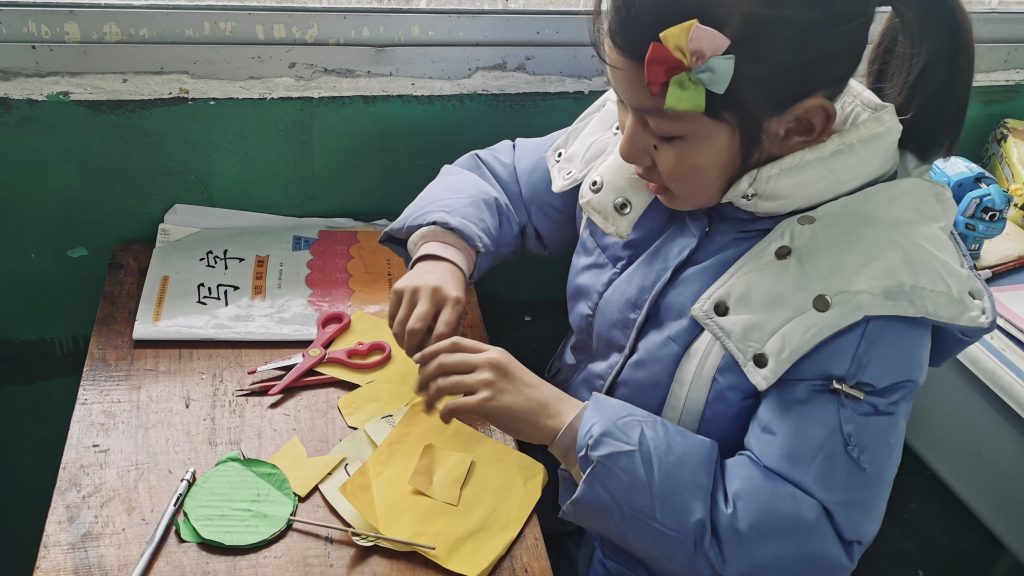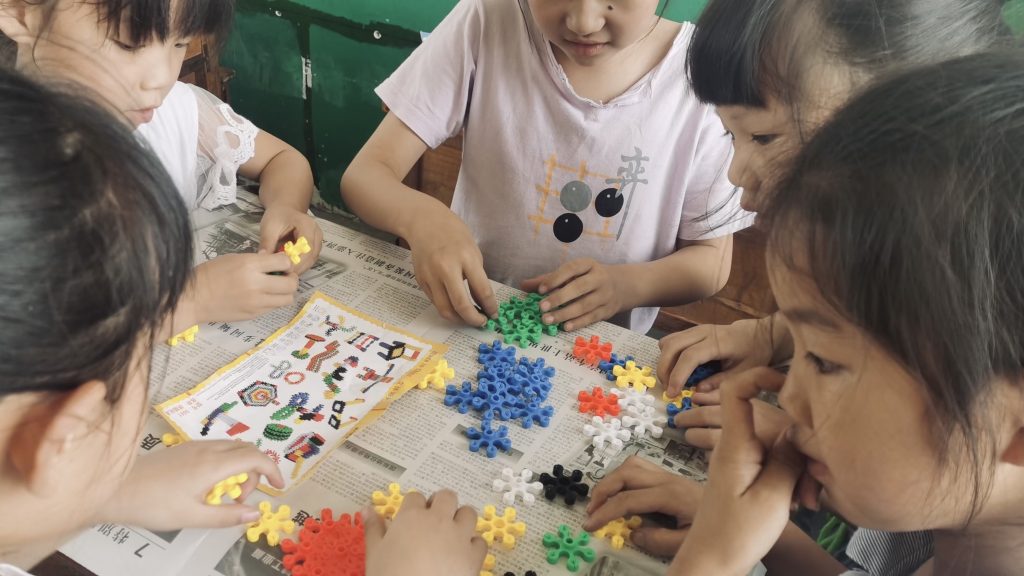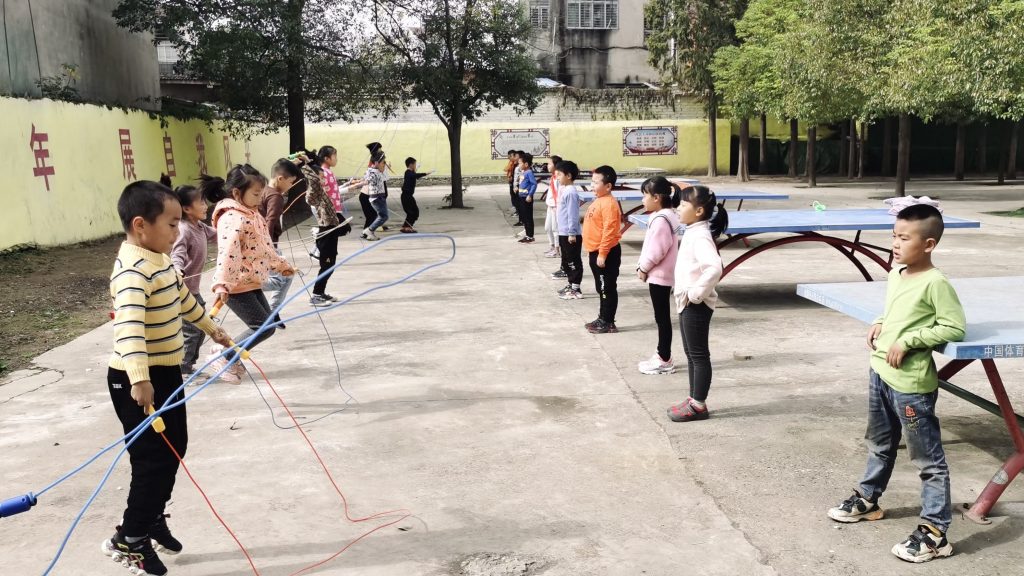Teachers are desperately trying to get specialist degrees at an age when they are about to retire. How much did they pay for a title?
Cheng Zhifeng had finally received her college diploma when she was about to celebrate her 53rd birthday. She is due to retire in three years.
“That’s a hard-earned birthday present,” she said.
This diploma has only one purpose: to participate in the evaluation of teachers’ professional titles.
Retire at 55, graduate at 53.
Cheng Zhifeng started teaching mathematics at Yangji Primary School in 1987 after graduating from high school. The subjects she was responsible for included science, art, physical education, and moral values. As the shortage of teachers in rural primary schools is the norm, a teacher often hands in many subjects.
In 1998 she obtained the intermediate teacher’s title, as China’s title evaluation was almost unlimited, especially for the intermediate level. For a primary schoolteacher, the highest title was medium in that era. Cheng Zhifeng believed that she had no possibility of promotion. She devoted all her energy and enthusiasm to her work in primary schools.
“I never say no to anyone or any task,” Cheng Zhifeng said.

Yangji Primary School is a boarding school in a remote area. Apart from teaching, teachers are also responsible for the students’ living and food. Cheng Zhifeng’s husband is a farmer, and the family’s leading source of income is her salary. Apart from taking care of the students and her daily education work, she helped her husband with farm work during the rare weekend holidays. The small salary, heavy work and hopeless promotion in the title once made her exhausted. Finally, in the spring of 2003, Cheng Zhifeng’s spirit broke down. She went through two years of mental disorder, languishing in hospitals and pharmacies.
Those were the days I will never recall. Of course, I don’t remember much about them, except that everything was tough.”
Cheng Zhifeng
In 2009, primary school teachers were able to apply for senior titles. However, the proportion of senior title teachers from primary schools was three in a thousand. Rural teachers, who have no academic or award advantages, never thought they could enter the ranks of these three in a thousand. Recovering from mental illness, Cheng Zhifeng thought he saw a flame of hope that was slowly dying out.
“The Ministry of Education and the Ministry of Human Resources and Social Security jointly launched a ” Green Channel ” strategy in 2018, intending to support the development of the rural teaching force. It allows rural teachers who have been teaching for over 30 years to apply for a higher-level title. If their academic qualifications reach the level of a college specialist, they can participate in the senior title competition and possibly succeed.
“I suddenly found that for once my dream of a senior title had something to look forward to,” said Cheng Zhifeng, “never having been so energised.”
She met all the “Green Channel” requirements, except for her education – she was a high school graduate while the rule requires a special college diploma. The announcement rekindled all her passions. She enrolled in an adult self-study program for a college specialist in education and began studying day and night.
Cheng Zhifeng describes her timetable for exam preparation: “I got to continue as a class teacher, teaching science, art, and PE. I went to the students’ dormitory at 6.30 am every day to wake the children up and assist them in dressing and washing up. I gave an average of six lessons a day and accompanied the children during the meals. My work as a teacher would be over at 8 pm. I spent my lunch break and evenings during the week for self-study. I also studied most weekends. But the farm work at home needed me too, so I went to the fields during the day and studied at home at night.
“If I get the senior title, the money I paid to get the college degree will make up for it, and it will be worth the time spent. I’m still not confident that I’ll be graded before I retire, but there’s always hope.”
Cheng Zhifeng is representative of the many people who have taught in rural primary schools for over several decades. Their hours of work cannot be measured according to the teachers’ law because there are too many boarding primary schools in the villages where students cannot live without their care. Most of them still have farmland at home, tearing their identity into half teacher and half farmer, making them more calculating in terms of salary and income than teachers in the city. They are always too silent, locking up many of their emotions until one day these heavy emotions crush them.
The reform of China’s title system is slowly tilting in their favour. It remains to be seen whether the “Green Channel” can make their promotion path smoother.
A degree is a foundation, a plus is a key.
Most of the teachers like Cheng Zhifeng, who is retiring, have been teaching since they graduated from high school. Their qualifications are indeed a challenge for them. However, more than 70 per cent of China’s primary school teachers have now graduated from university, and the number of master’s degree graduates is increasing. For them, the biggest challenge of title assessment is the additional points.
After the first round of assessment, teachers who met the basic criteria were selected for the second round, called scoring. In this round, teachers are given different points for their achievements, and the sum of these points is the final score. All achievements in this section are called additional points or plus points.
For example, being a class teacher for one year is converted to 1.5 points; winning a Quality Lesson Competition is converted to 1.5 to 2.5 points depending on the importance of the award; publishing in an educational journal is converted to 1 or 2 points depending on the level of the publication.
These marks are obtained at a great cost, if not through unorthodox means. Wang Chunju of Qiangong Primary School in rural Xiangcheng knows this well.
A Quality Lesson takes 50 minutes. The preparation needs two months.
Wang Chunju
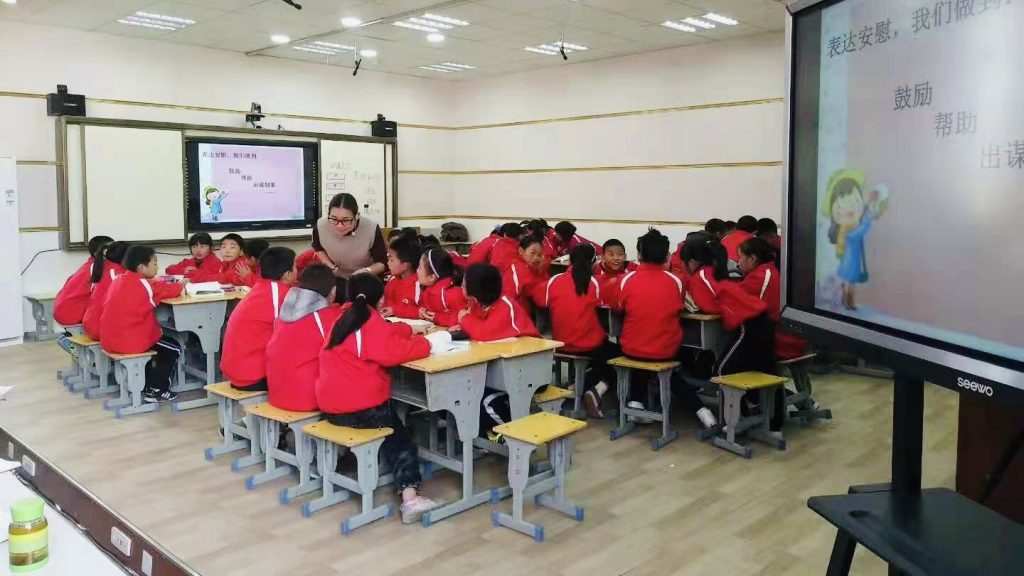
A Quality Lesson is, in essence, a performance lesson that is done by both the teacher and the students. The teacher designs the lesson based on the content specified by the organising committee, and the teacher interacts flexibly with the students in the classroom, guiding them to absorb and learn to apply it. The teacher usually delivers the lesson live and videotapes it, and then submits a slightly edited version of the video to the organising committee as an entry.
“The school gave me an opportunity to deliver a Quality Lesson in 2017. I felt particularly happy about it and made sure to give it my best shot,” Wang Chunju says. She could hardly conceal her happiness.
“But it’s impossible to prepare for a Quality Lesson during the day because you still get lesson planning, teaching, correcting assignments to do, let alone some chores at school. You cannot be at peace. The topic of the Quality Lesson is also different for each year, and at that time, the topic and the appointed content was something I hadn’t done before. Thus, I must spend extra time on it, which is my time off.
“During those two months, I always waited for my colleagues to leave and then I stayed in the office, reading the curriculum standards and materials. I considered how to prepare the lesson, how to make the children want to listen and understand, and how to make the lesson different from that of others,” said Wang.
When the design was almost done, there came the practice. She invited her colleagues to watch her teaching and get their feedback. Then the teachers at a higher level in the district were asked to observe while she collected comments and suggestions once more. It’s not finished yet. It was the city’s teaching researchers who came to attend the lesson before finally the video was submitted to the provincial education department responsible for organising the event.
In addition to this, the design of the workshop cannot rely solely on the textbook, as the students are unique, and she cannot expect them to give her a prospective response. When preparing a lesson, she needed to focus on different students and think about how they reflect on a sentence and what questions they might ask. She believes the students are also a great source of feedback for her.
“Each time, it took one to two weeks to collect feedback and revise. For about a month or two, I spent every night in the process of correcting and testing the delivery. The 45-minute session that was finally presented was the result of dozens of rehearsals and revisions.
“In my teaching experience, preparing a good quality lesson can take at least a month and at most six months. Taking part in these events or competitions or whatever, every little bit of it is etched in my mind,” she said.
Wang Chunju won the first prize in the Hubei Provincial Quality Lesson Competition at that time, a difficult height for a rural primary school teacher in Xiangcheng District to reach. And this award will help her gain 2.5 points when she enters the title competition.

Unfortunately, she has not yet taken part in the title review. Her explanation is: “My teaching experience is too short, only six years. The teachers in the school who made it through the first round of selection have been teaching for over 20 years. Compared to them, I am not competitive.”
“I wouldn’t feel that two months of hard work equals 2.5 points in that title evaluation. Of course, judging a teacher’s ability by the length of time they have been teaching or deciding whether a teacher is a junior or senior teacher seems unfair to me. But I did benefit a lot on my skills from participating in the Quality Lesson Competition.”
Wang Chunju’s current professional title is junior. According to the informal practice, she would reach at least ten years of teaching experience to ensure that she passes the primary assessment for the intermediate teacher title.
She still has hope. She says: “The title evaluation is not fair enough for young teachers. But I still have time to take my time to fight for it. But those older teachers who are retiring and can’t wait for a vacancy no matter how much time and effort they put in, that’s what makes it really hopeless.”
